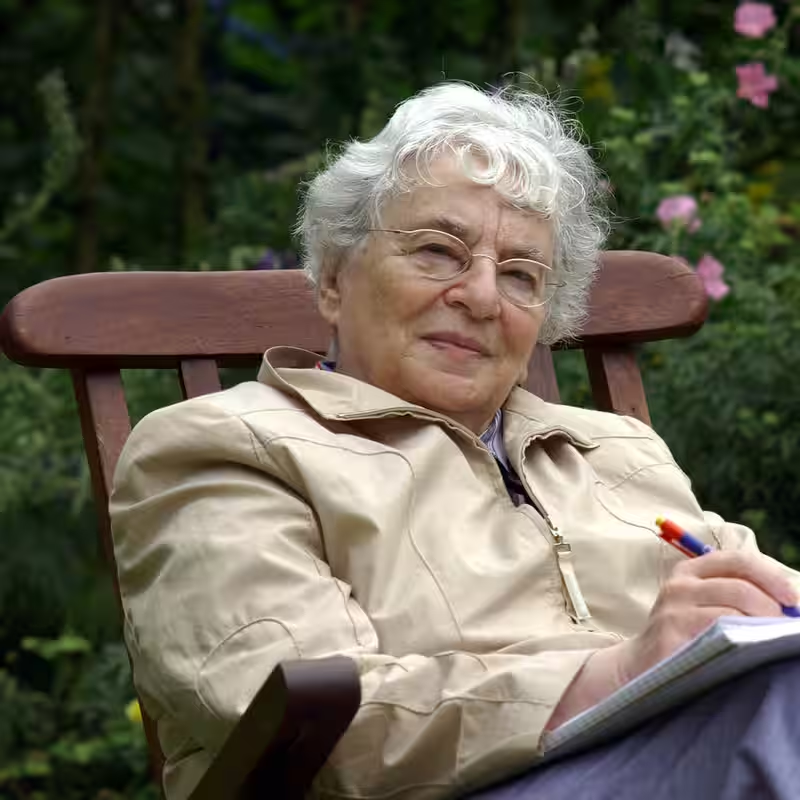Table of Contents
- Who Was Ruth Weiss?
- From Nazi Germany to Apartheid South Africa
- Journalism as an Act of Resistance
- Exile, Courage, and a Lifelong Fight for Justice
- Her Most Powerful Words
- Sources
Ruth Weiss Dies at 101: A Life Defined by Justice
Ruth Weiss, the German-born South African journalist and author who fled Nazi persecution only to become one of apartheid’s most fearless chroniclers, has died at the age of 101. Her death on September 5, 2025, in Aalborg, Denmark, marks the end of a remarkable life shaped by exile, empathy, and unwavering moral clarity.
Known for drawing stark parallels between the oppression of Jews under Hitler and Black South Africans under apartheid, Weiss once asked: “Blacks under apartheid — Jews under the swastika. Was it all that different?” For her, the answer was clear—and it fueled a lifetime of reporting, writing, and activism.
From Nazi Germany to Apartheid South Africa
Born Ruth Löwenthal on July 26, 1924, in Fürth, Germany, she experienced antisemitism firsthand after the Nazis rose to power in 1933. “I no longer had any friends,” she later recalled. “Everyone sat as far away from me as possible.”
In 1936, her family escaped on one of the last refugee ships permitted into South Africa. Though safe from the Holocaust, they arrived in a society built on racial hierarchy. As Weiss put it: “We had the right skin color, even if we had the wrong religion.”
That duality—being both a victim and a beneficiary of racial systems—deeply informed her worldview and later her journalism.
Journalism as an Act of Resistance
Weiss’s career began unexpectedly. While married to fellow refugee journalist Hans Weiss, she began ghostwriting his articles due to his illness—first on economics, then on politics. By the early 1960s, she emerged under her own name as business editor for News Check and later as a correspondent for Financial Mail.
She covered pivotal moments: the rise of the ANC’s armed wing, Nelson Mandela’s underground movements (once sharing a kitchen with him during a secret meeting), and South Africa’s exit from the Commonwealth.
Her reporting didn’t stop at borders. In 1966, she moved to Southern Rhodesia (now Zimbabwe) as bureau chief—but was expelled in 1968 after exposing how Ian Smith’s regime evaded UN sanctions. “As an economic journalist, I could not simply let it go,” she wrote.
Exile, Courage, and a Lifelong Fight for Justice
Barred from returning to both South Africa and Rhodesia, Weiss settled in London, writing for The Guardian. She later served as Africa expert for Germany’s Deutsche Welle, trained journalists in post-independence Zimbabwe, and authored over a dozen books—including “A Path Through Hard Grass,” her acclaimed memoir.
In her final decades, she became a revered Zeitzeugin (“witness to history”) in Germany, speaking frequently about racism, antisemitism, and the universal duty to resist injustice.
Nobel laureate Nadine Gordimer called her “the most humane woman I have ever met.”
Her Most Powerful Words
“Racism, antisemitism and misanthropy know no borders. These are injustices that must be fought everywhere.”
— Ruth Weiss, Address to the Parliament of North Rhine-Westphalia, 2023




